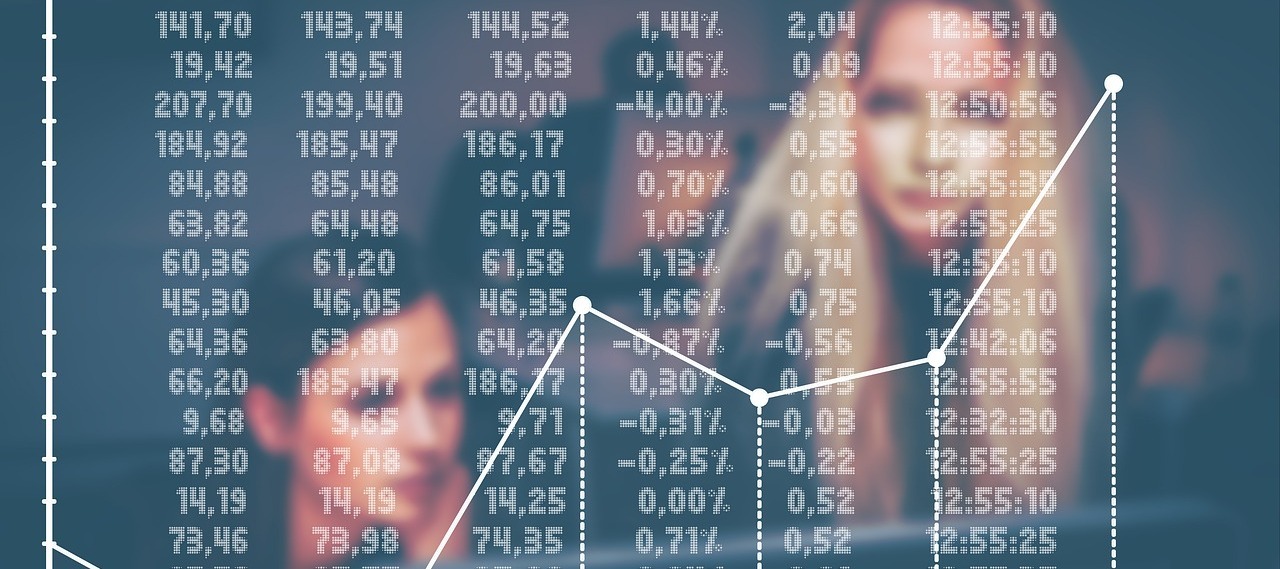
Russian Stocks’ 33% Crash Is Fifth-Worst in Market History
Russia’s rout on Thursday is the fifth-worst plunge in equity market history in local currency terms as investors sold the nation’s assets following the country’s invasion of Ukraine.
The benchmark MOEX Russia Index closed 33% lower in Moscow, erasing $189 billion in shareholder wealth, as Western leaders vowed to step up penalties on Russia after military forces entered Ukraine. That’s the fifth most brutal one-day selloff among 90 global equity indexes analyzed by Bloomberg.
This is the first time since 1987 that a selloff of this magnitude has hit a market worth more than $50 billion. In the aftermath of the Black Monday crash that year, Hong Kong’s Hang Seng Index tumbled 33%. The worst single-day drop over the past century in any market of any size was Argentina’s 53% slump in January 1990, when the country was battling hyperinflation and a mounting economic crisis.
The drop in Russia’s benchmark matches that of Hong Kong’s Hang Seng Index during the aftermath of the Black Monday crash in 1987. When looking at markets of all sizes, the biggest single-day drop on record was Argentina’s 53% slump in January 1990, when the Latin American country was in the middle of an economic crisis and period of hyperinflation.
All calculations are based on local currencies.
Market Routs
Russia's 33% plunge is fifth worst one-day drop in stock market history
Bloomberg
*Percentage changes in local currencies; Excludes Venezuela
To be sure, some of the world’s major indexes have circuit breakers that prevent them from falling beyond a certain level. For instance, the benchmark S&P 500 index has a so-called limit down level at 20%, after which trading would be closed for the day.
Russia became the world’s cheapest stock market this week as repeated negotiations to avert a military conflict failed, leaving investors fretting over geopolitical risks in addition to worries over inflation, Federal Reserve tightening and renewed regulatory curbs in China.
The MOEX gauge’s price-to-earnings ratio fell below 3 times projected profits after starting the year at 5.4 times.
(Updates prices with Russian market close.)
© 2022 LeackStat.com
